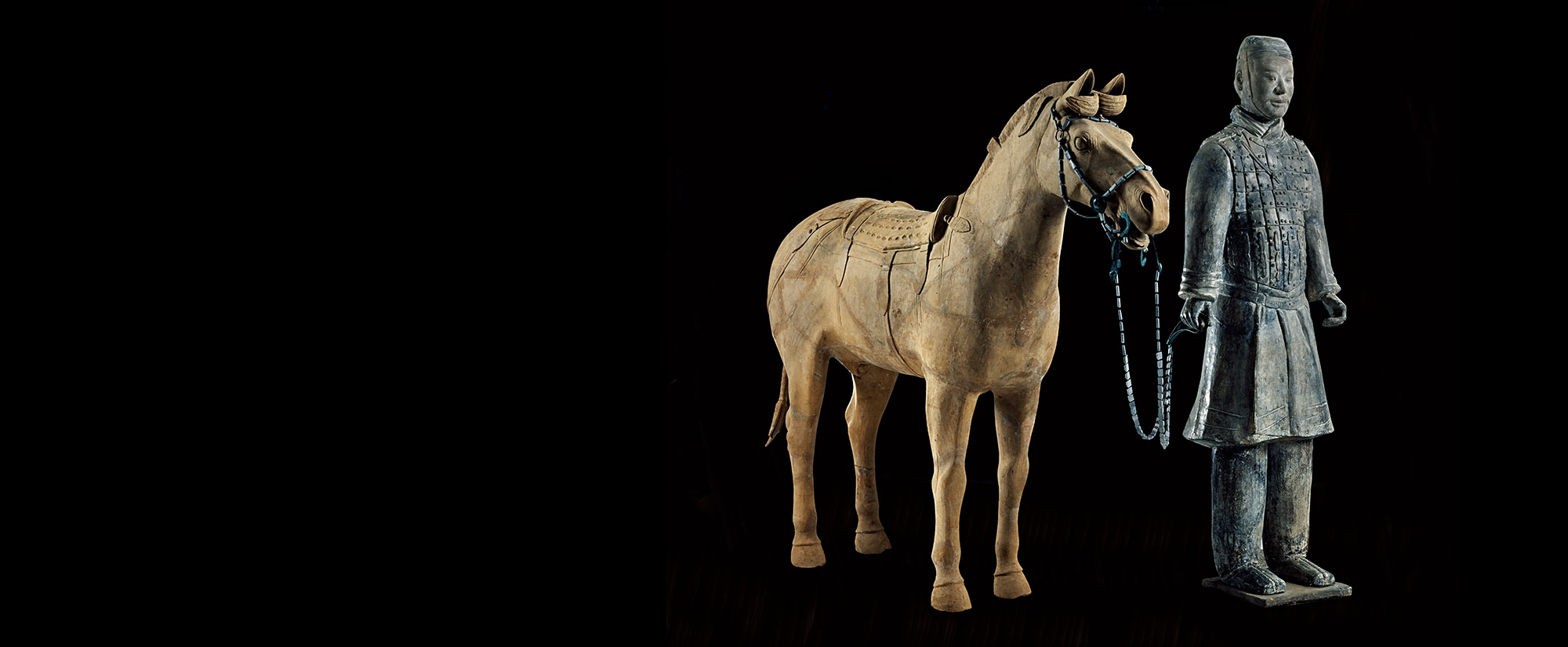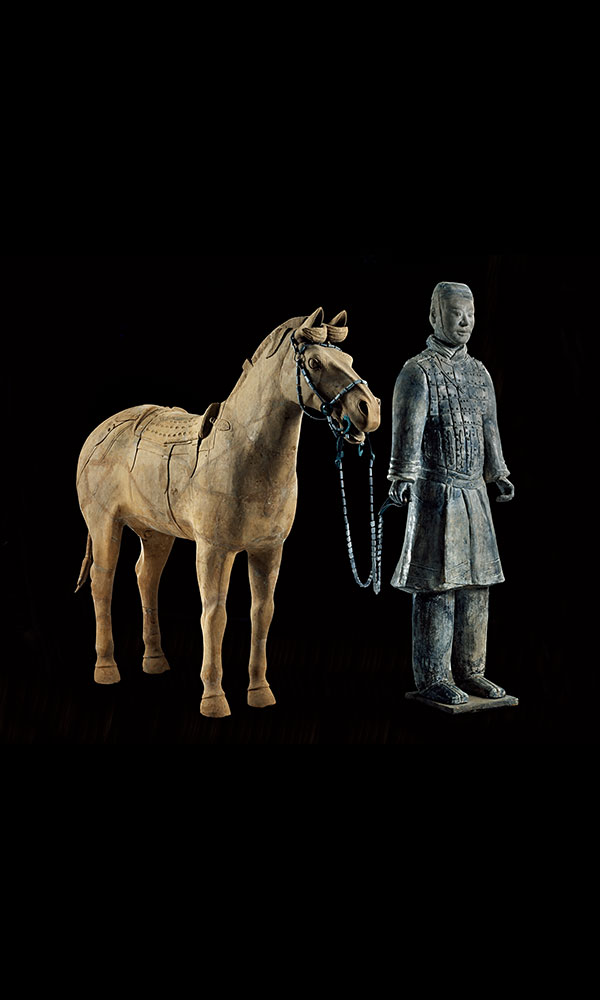SOFIA, BULGARIA—An excavation in Sofia’s Sveta Nedelya Square has uncovered a clay pot containing nearly 3,000 Roman coins. The silver coins appear to have made up a collection—the oldest ones bear the image of Emperor Vespasian, who reigned from A.D. 69 to 79. There are also coins minted during the reigns of each of the seven emperors of the Nerva-Antonine dynasty, which began in A.D. 96, and ended with Commodus, who ruled from 177 to 192. Coins bearing images of notable women of the dynasty, such as Faustina the Elder, Faustina the Younger, Bruttia Crispina, and Lucilla, were also found. The pot bears the name Selvius Callistus, who is thought to have been the collection’s last owner. “This is the first find of such magnitude made as part of a planned dig. I think it is not accidental either—we do not want to leave our cultural and historical heritage to chance, which is why we have invested in a lot of digs in recent years,” Yordanka Fandakova, the city’s mayor, told The Sofia Globe. To read about similar artifacts, go to "Artifact: Roman Coins in Israel."
Cache of Roman Coins Discovered in Bulgaria
News September 9, 2015
Recommended Articles
Digs & Discoveries March/April 2021
A Dutiful Roman Soldier
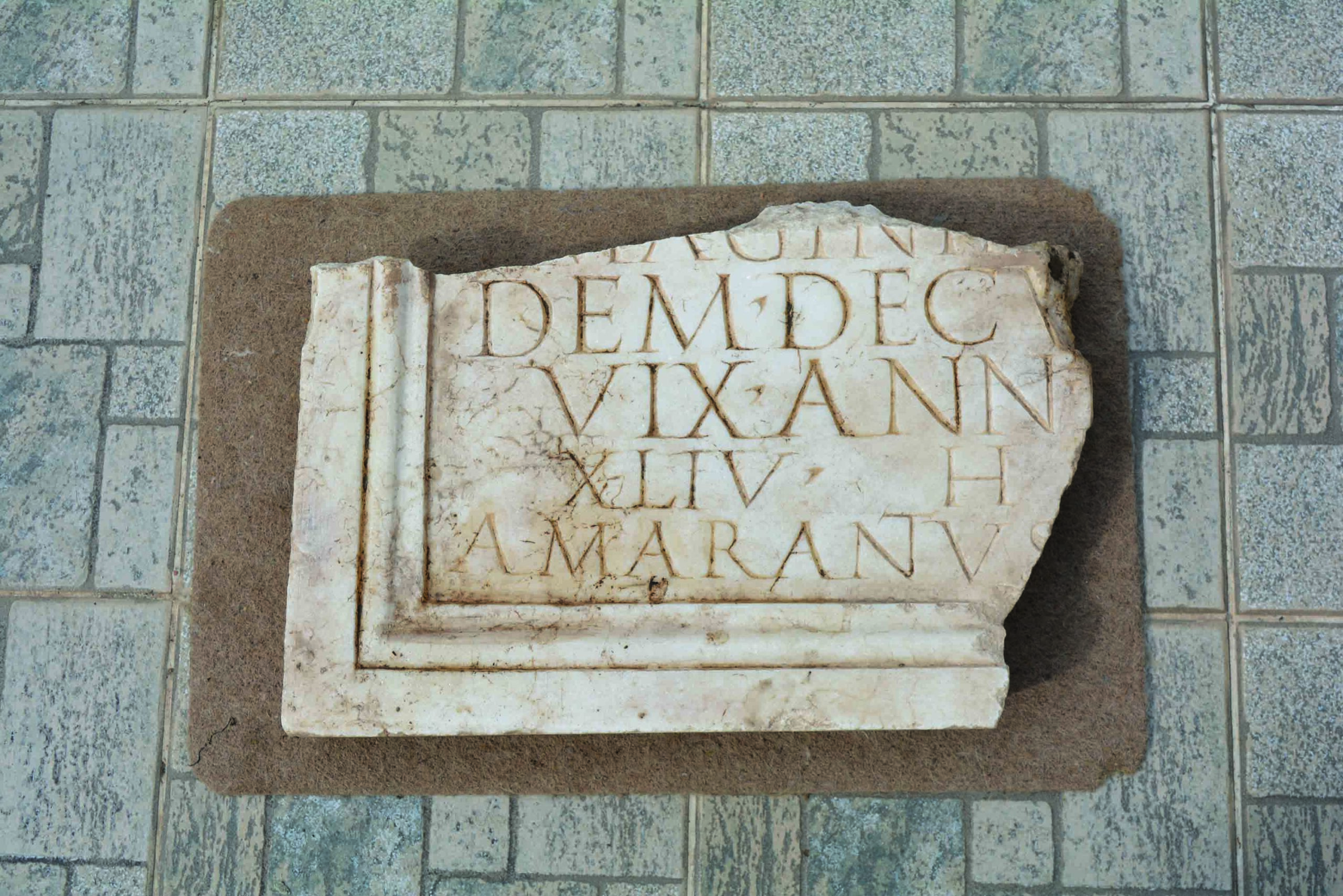
Features January/February 2026
The Cost of Doing Business
Piecing together the Roman empire’s longest known inscription—a peculiarly precise inventory of prices

Digs & Discoveries September/October 2025
A Day at the Hunt
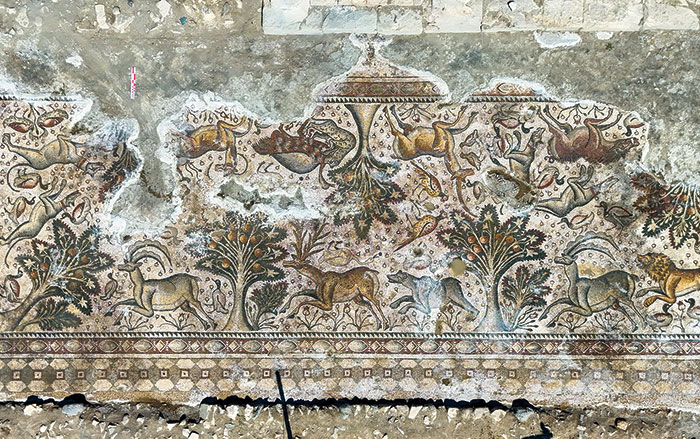
Digs & Discoveries September/October 2025
Good Night, Sweet Prince
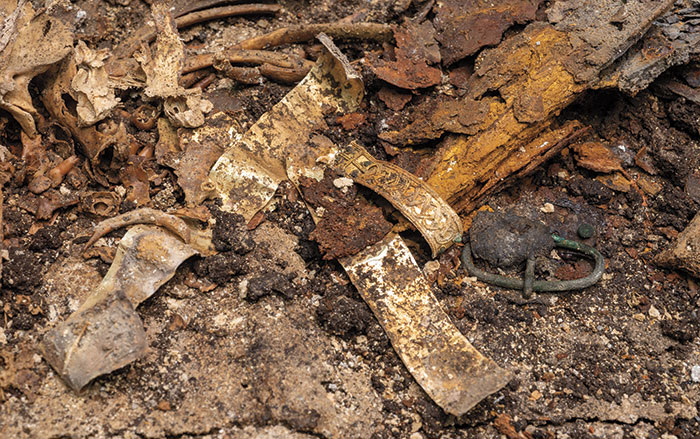
-
Features July/August 2015
In Search of a Philosopher’s Stone
At a remote site in Turkey, archaeologists have found fragments of the ancient world’s most massive inscription
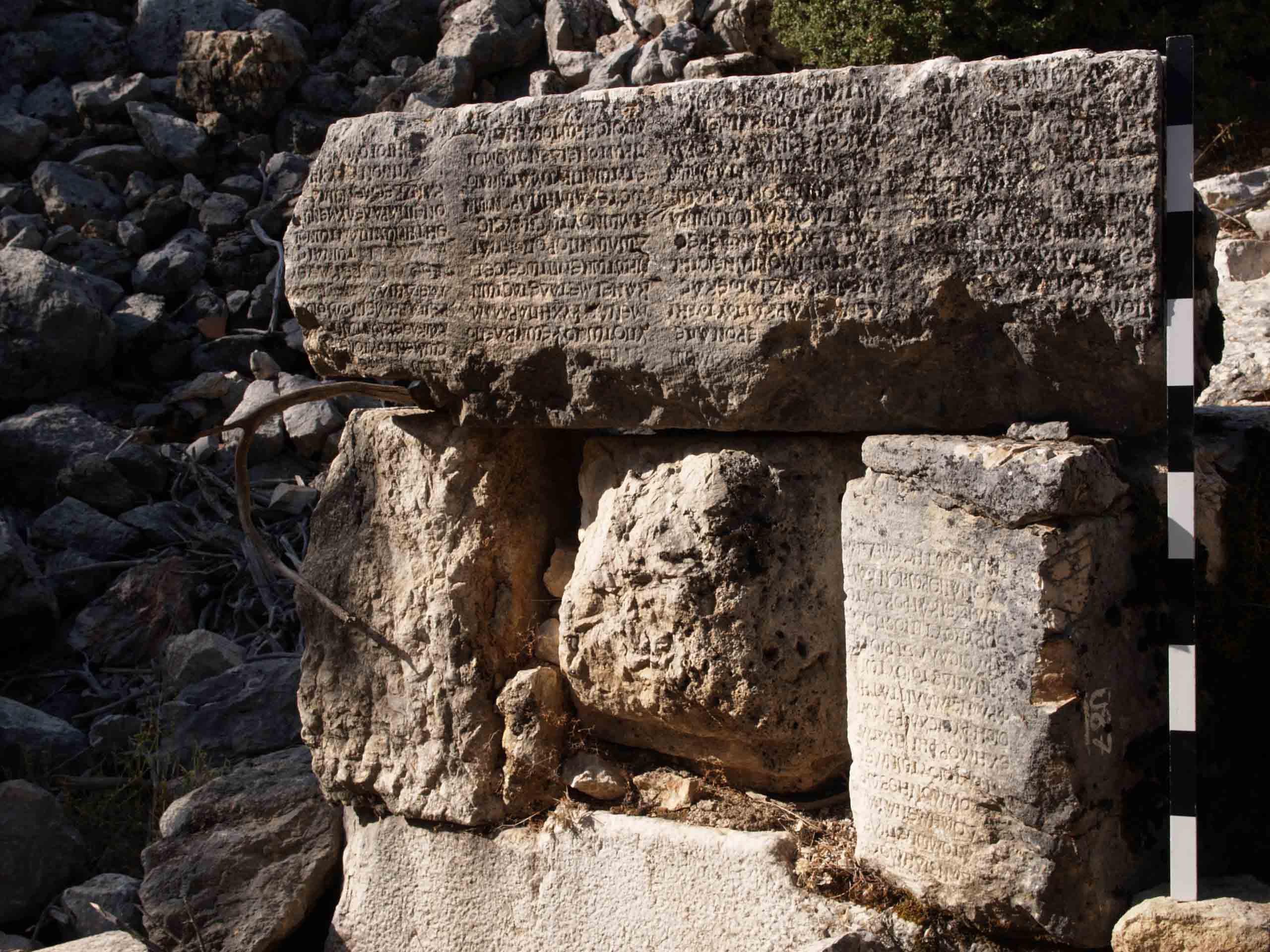 (Martin Bachmann)
(Martin Bachmann) -
Letter from Virginia July/August 2015
Free Before Emancipation
Excavations are providing a new look at some of the Civil War’s earliest fugitive slaves—considered war goods or contraband—and their first taste of liberty
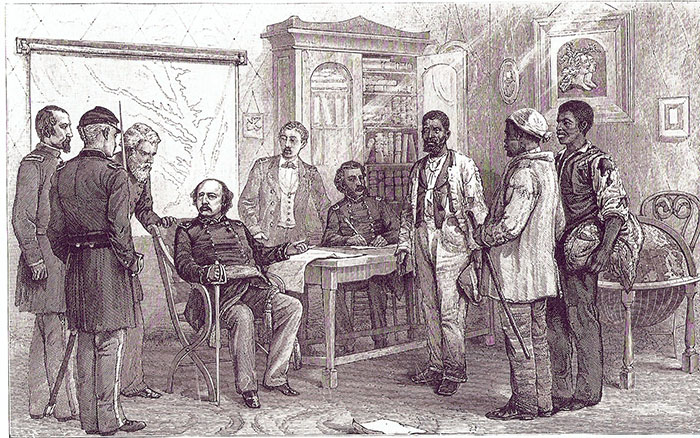 (Library of Congress)
(Library of Congress) -
Artifacts July/August 2015
Gold Lock-Rings
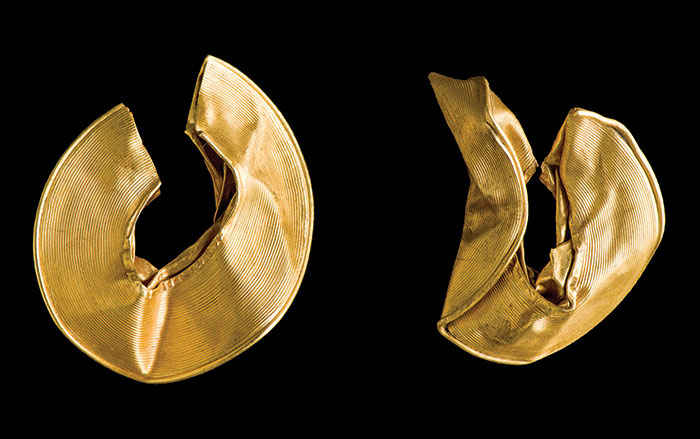 (Courtesy Amgueddfa Cymru-National Museum of Wales)
(Courtesy Amgueddfa Cymru-National Museum of Wales) -
Digs & Discoveries July/August 2015
A Spin through Augustan Rome
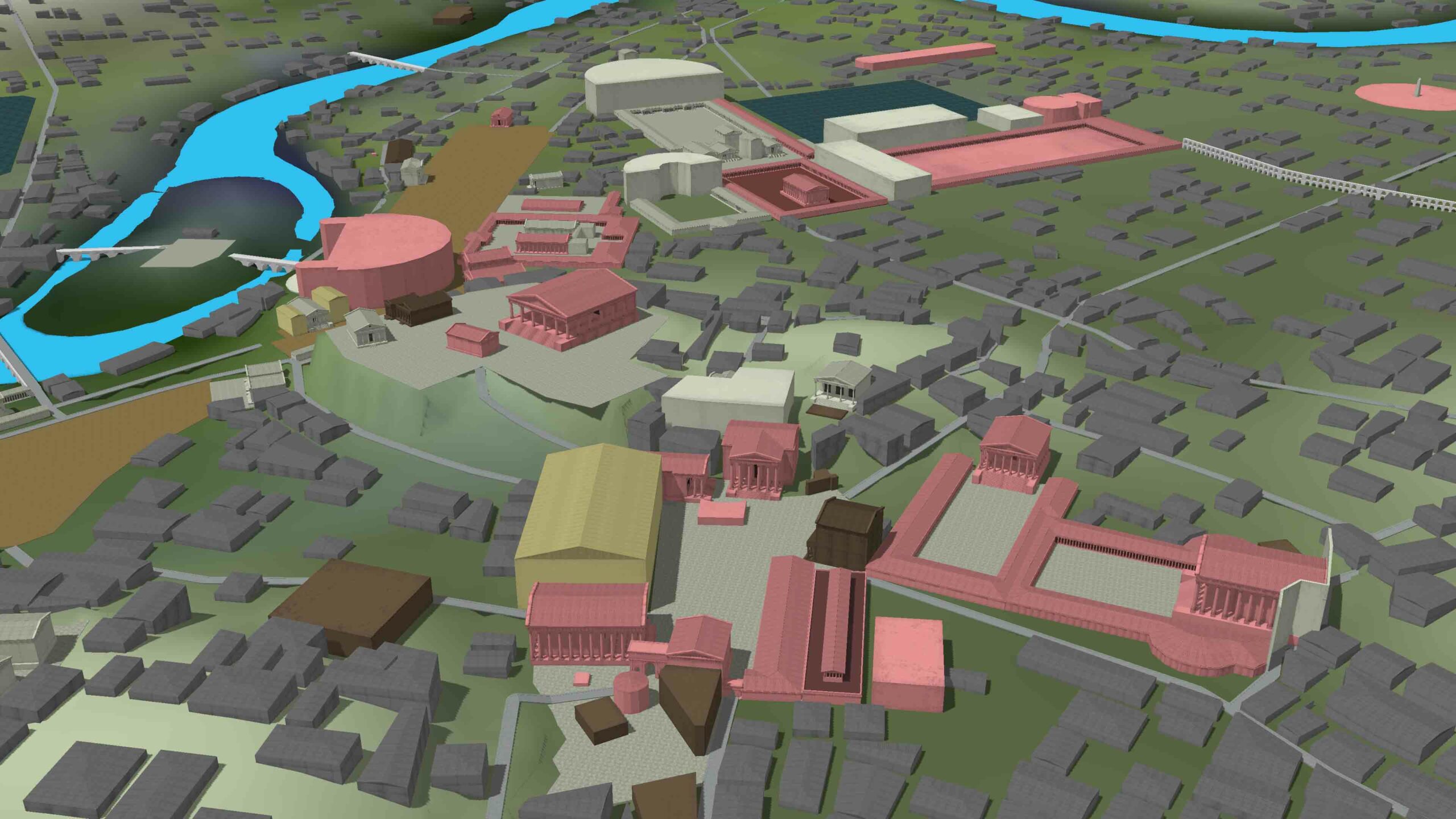 (Courtesy and created at the Experiential Technologies Center, UCLA, ©Regents of the University of California)
(Courtesy and created at the Experiential Technologies Center, UCLA, ©Regents of the University of California)


